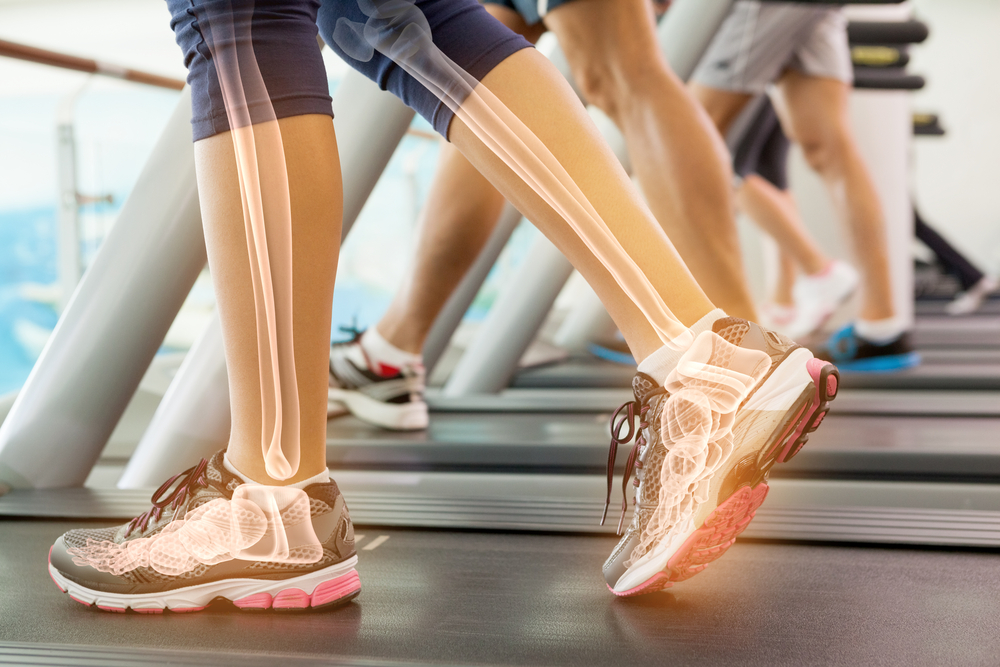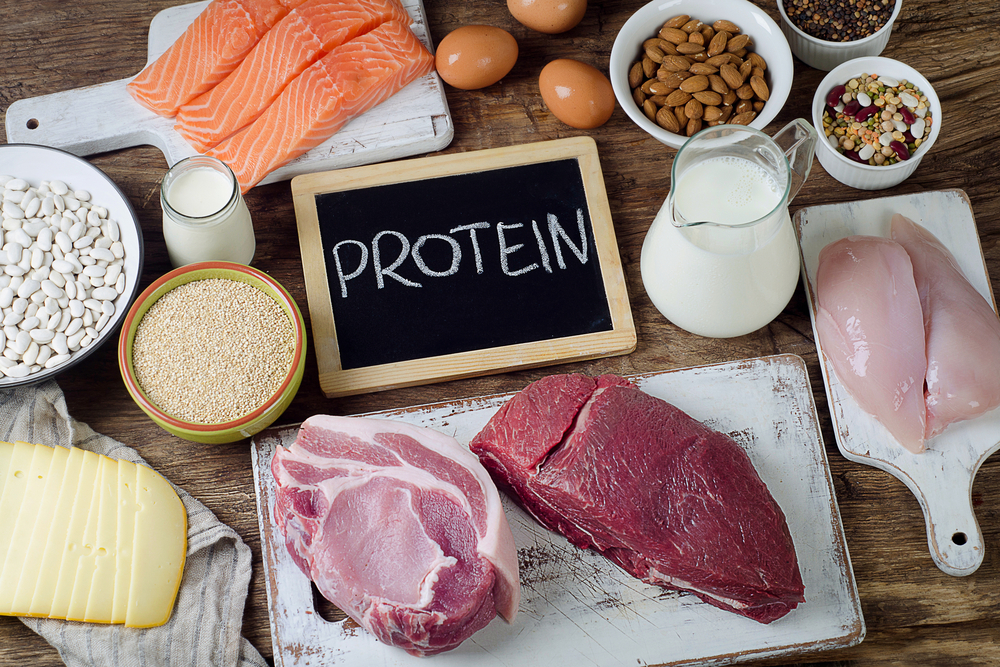Isoflavones show promise for improving bone mineral density

One of the biggest health issues facing women post menopause is trying to maintain their bone mineral density, to keep the skeletal frame strong. Unfortunately, women can lose up to 30% of their bone mass after menopause, due to declining oestrogen levels. This can lead to fractures and the debilitating bone-thinning disease, osteoporosis.
However, a new review from researchers in Thailand[1] evaluated the effectiveness of using isoflavones extracted from soy, on bone mineral density (BMD) in a group of postmenopausal women.
Researchers identified 63 randomised controlled trials comparing isoflavones against placebo, involving over 9,000 women. Their review found that Isoflavone interventions significantly improved bone mineral density at key areas of the lumbar spine, femoral neck (the top of the thigh bone) and distal radius (where one of the arm bones connects to the wrist). Further analysis showed the isoflavone, genistein, to be most effective.
Isoflavones are mainly found in soy produce and have been well researched for their benefits for menopause health-related issues. The chemical structure of isoflavones is similar to natural oestrogen, hence their positive effects.
Women are also recommended to keep vitamin D and calcium levels in the blood in check, to further support bone health.
The herb ashwagandha could help fight ‘inflammaging’

The term ‘inflammaging’ has been used for around 20 years and, essentially, refers to the increase in inflammation throughout the body, relating to ageing. Unfortunately, inflammation underlies all our major disease states.
The good news is that a recent review[2] found that taking 500 mg per day of the herb ashwagandha (Withania somnifera), increased levels of a key antioxidant, superoxide dismutase. The researchers also noted improvements in DNA repair, a reduction in inflammatory markers, positive effects on the gut microbiome and improvements in markers of the immune system. All these factors are a potential cause of the body’s normal ageing process.
The authors noted that ‘inflammaging’ is potentially underlying in cardiovascular disease, neurodegeneration and cancer. Researchers also noted that further human clinical trials on ashwagandha were needed too.
Ashwagandha is often referred to as Avarada in ancient Ayurvedic medicine, indicating youthfulness and regeneration. Enough said!
Protein intake in men and women affects digestion in different ways

Having sufficient protein in the daily diet is essential for health, since it’s needed for so many body functions. However, a new study found that eating higher levels of protein, may reduce the risk of constipation in men, but over a certain intake level, can increase the risk in women. This is likely down to different compositions of gut bacteria and hormone make-up.
Researchers in China[3] assessed data of over 14,000 participants and found this key difference. The outcomes are important for making future recommendations for protein intake for men and women. As one of its many functions, protein affects the gut microbiome and composition of the immune system. The authors noted that the differences in response between men and women was most likely down to differences in the gut microbiota.
The study noted that intake of around 119 grams per day in men provided positive effects on constipation. However, in women the amount was around 40 grams per day, over which level chronic constipation became more problematic. This is a concern since that is a low level of protein intake with normal recommendations of around 50 to 60 grams daily.
Chronic constipation affects 27% of adults in the western world. Minerals including selenium, magnesium, phosphorus and an increase in fibre have been shown to improve the condition, but the authors noted that it is still under researched, especially in relation to protein intake.
[1] . Inpan R, Na Takuathung M, Sakuludomkan W et al. Isoflavone intervention and its impact on bone mineral density in postmenopausal women: a systematic review and meta-analysis of randomized controlled trials. Osteoporosis International 2024 Mar;35(3):413-430. doi: 10.1007/s00198-023-06944-y
[2] Vivek Basudkar et al. Emerging vistas for the Nuraceutical Withania somnifera in inflammaging. Pharmaceuticals 2024, 17(5), 597
[3] Hong Y et al. Gender differences in the association between dietary protein intake and constipation: findings from NHANE. Frontiers in Nutrition 10.3389/fnut.2024.1393596
























Add comment